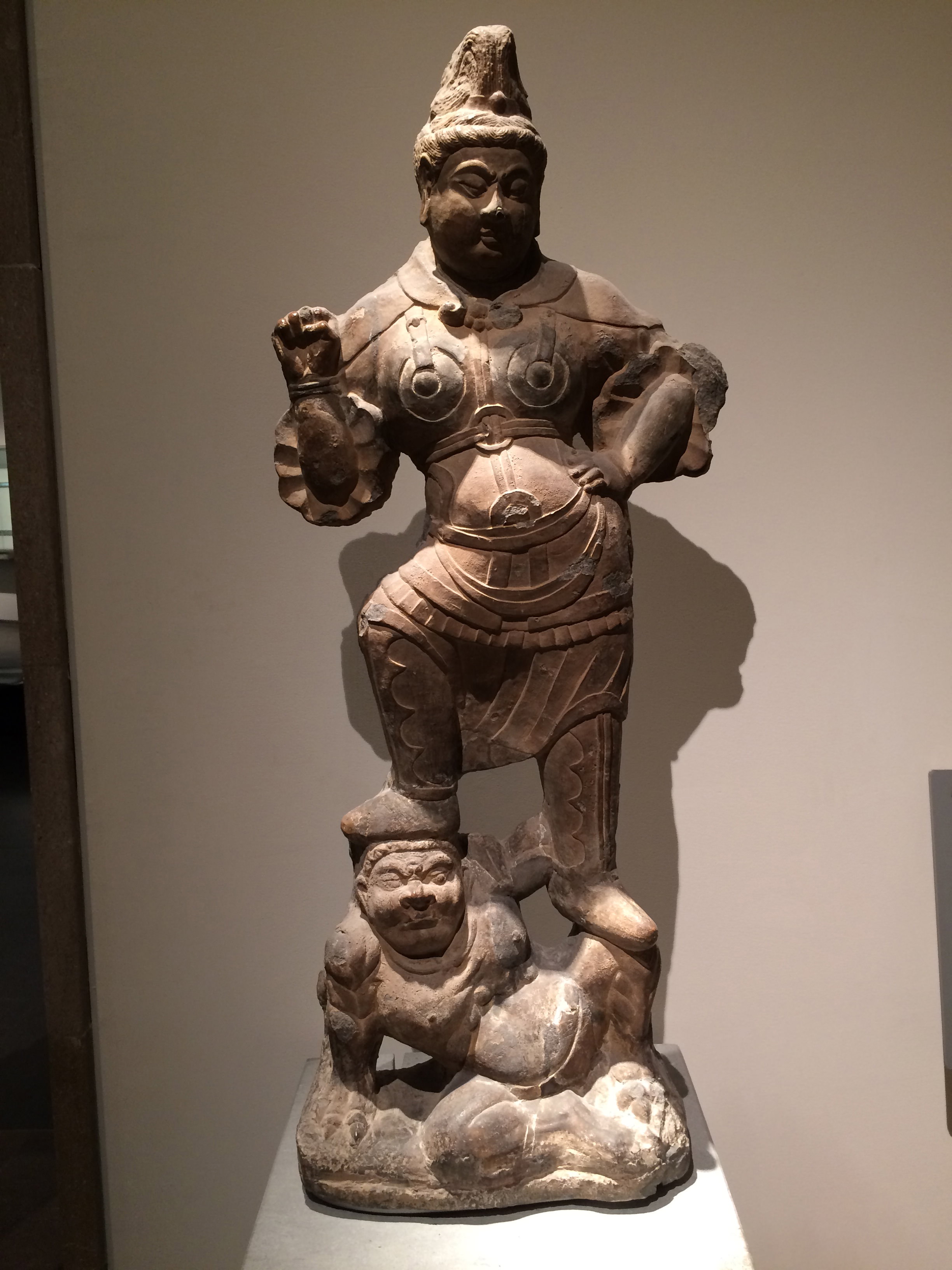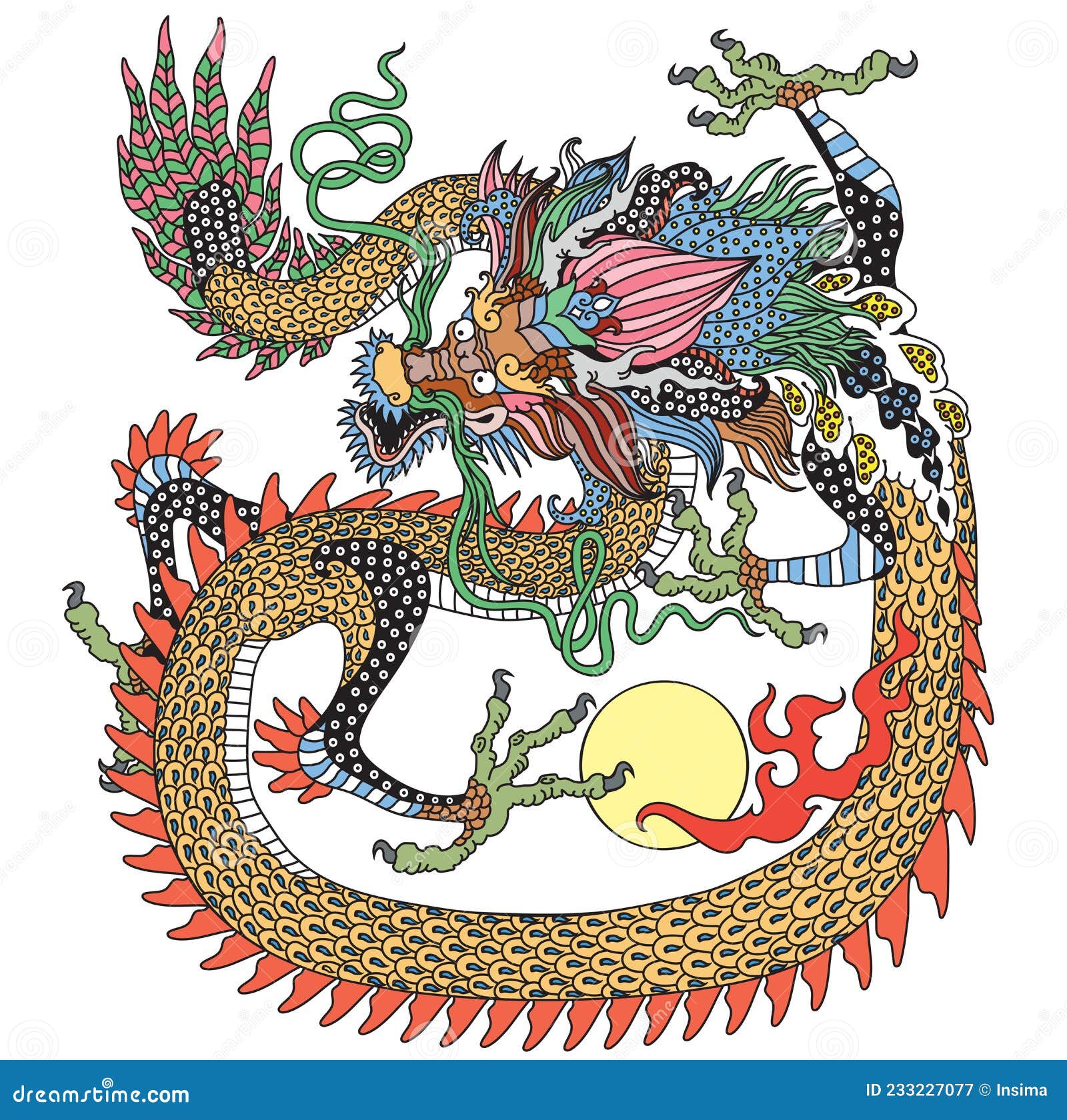Celestial Chinese: Exploring The Mystique And Wonder
Hey there, fellow explorer of all things celestial! If you're diving into the world of "Celestial Chinese," you're about to uncover a treasure trove of fascinating facts and cultural wonders. This term has been gaining traction as people start to appreciate the rich tapestry of Chinese traditions, astrology, and spiritual beliefs tied to celestial phenomena. So, buckle up, because we're about to embark on an incredible journey into this mystical realm!
When you hear "Celestial Chinese," your mind might immediately wander to the stars, the moon, or maybe even ancient Chinese legends. And honestly, you wouldn't be wrong! This concept bridges the gap between Chinese culture, astronomy, and astrology in a way that's both intriguing and deeply meaningful. It's like stepping into a time machine and exploring the wisdom of ancient Chinese philosophers who looked to the skies for answers.
But here's the kicker—this isn't just about staring at the stars. The Celestial Chinese tradition encompasses so much more, from the way ancient Chinese interpreted celestial events to how modern-day enthusiasts are rediscovering these practices. Whether you're into astrology, cultural history, or just curious about how the universe connects us all, this article is your ultimate guide to understanding the beauty of Celestial Chinese. So, let's dive in, shall we?
- Keith Knight Actor Movies Unveiling The Career Of A Hollywood Gem
- Coloring Page Football The Ultimate Guide To Fun And Creativity
Table of Contents
- History of Celestial Chinese
- Celestial Chinese Astrology
- Symbolism in Celestial Chinese Culture
- Philosophical Roots of Celestial Chinese
- Celestial Events in Chinese Culture
- Modern Influence of Celestial Chinese
- Celestial Chinese and Feng Shui
- Celestial Chinese in Literature
- Spiritual Practices in Celestial Chinese
- Conclusion
History of Celestial Chinese
Let's take a trip back in time, shall we? The roots of Celestial Chinese can be traced all the way back to ancient China, where stargazing wasn't just a hobby—it was a way of life. Back then, Chinese astronomers were mapping the stars with precision that still amazes historians today. The celestial sphere was divided into constellations, each with its own story and significance, and these patterns were used for everything from predicting weather to guiding emperors in their decision-making.
One of the coolest things about Celestial Chinese history is how intertwined it was with daily life. Farmers relied on the stars to plan their planting cycles, and the lunar calendar became an essential tool for organizing festivals and religious ceremonies. It wasn't just about looking up at the night sky—it was about understanding the rhythms of the universe and how they affected life on Earth.
Key Milestones in Celestial Chinese History
Here are a few highlights from the rich history of Celestial Chinese:
- Jaden Smith Diddy Video The Untold Story Behind The Hype
- Truepeoplesearch Free The Ultimate Guide To Finding People Online
- 2000 BCE: The earliest records of Chinese astronomy, with observations of solar and lunar eclipses.
- 1000 BCE: The invention of the gnomon, a tool used to measure the position of the sun and stars.
- 200 CE: The development of the concept of "Five Elements" and their connection to celestial bodies.
- 1600 CE: The integration of Western astronomy with traditional Chinese practices, leading to new discoveries.
Celestial Chinese Astrology
Now, let's talk about the astrology side of things. Celestial Chinese astrology is more than just your typical zodiac signs—it's a complex system that incorporates the lunar calendar, the Five Elements, and the Twelve Earthly Branches. If you've ever wondered why Chinese New Year falls on different dates each year, it's because it follows the lunar calendar rather than the Gregorian one. And if you're familiar with the Chinese zodiac, you know that each year is associated with an animal and an element, creating a unique energy for that year.
For example, 2023 is the Year of the Rabbit, and because it's associated with the element of Water, it's said to be a year of calm and reflection. But wait, there's more! Each person's birth year corresponds to a specific animal and element, influencing their personality traits and life path. It's like having a personal cosmic blueprint!
How Celestial Chinese Astrology Works
To break it down, here's how the system works:
- Twelve Animals: Rat, Ox, Tiger, Rabbit, Dragon, Snake, Horse, Goat, Monkey, Rooster, Dog, and Pig.
- Five Elements: Wood, Fire, Earth, Metal, and Water.
- Four Pillars: Birth year, month, day, and hour, each contributing to your unique astrological profile.
Symbolism in Celestial Chinese Culture
Symbolism plays a huge role in Celestial Chinese culture. From dragons and phoenixes to the yin-yang symbol, every image carries deep meaning and significance. Dragons, for instance, are often seen as powerful and auspicious creatures, representing strength and good fortune. Meanwhile, the phoenix symbolizes rebirth and transformation, making it a popular motif in art and literature.
But it's not just animals and abstract symbols—colors, numbers, and even directions hold symbolic value in Celestial Chinese culture. Red, for example, is considered a lucky color, often used in celebrations and weddings. And the number eight is highly favored because its pronunciation in Chinese sounds similar to the word for "prosperity." Pretty cool, right?
Key Symbols in Celestial Chinese Culture
Here's a quick rundown of some important symbols:
- Dragons: Power, strength, and good luck.
- Phoenixes: Rebirth, transformation, and beauty.
- Yin-Yang: Balance, harmony, and the interconnectedness of opposites.
- Red: Happiness, prosperity, and good fortune.
Philosophical Roots of Celestial Chinese
At the heart of Celestial Chinese culture lies a deep philosophical foundation. Ancient Chinese philosophers like Confucius and Laozi explored the relationship between humans, nature, and the universe, and their teachings continue to influence Celestial Chinese practices today. The concept of "Tao," or the Way, emphasizes living in harmony with the natural order of things, and this idea is reflected in everything from astrology to Feng Shui.
One of the most fascinating aspects of Celestial Chinese philosophy is the belief in interconnectedness. Everything in the universe is seen as part of a greater whole, and understanding this connection is key to living a fulfilling life. It's not just about personal success—it's about finding your place in the grand cosmic scheme.
Key Philosophers and Their Contributions
Here are a few influential figures in Celestial Chinese philosophy:
- Confucius: Emphasized moral and ethical living.
- Laozi: Founded Taoism, focusing on harmony and simplicity.
- Zhuangzi: Explored the nature of reality and the limits of human understanding.
Celestial Events in Chinese Culture
Celestial events like eclipses, meteor showers, and planetary alignments have always held special significance in Chinese culture. In ancient times, these events were seen as omens or messages from the heavens, influencing everything from political decisions to personal choices. For example, a lunar eclipse might be interpreted as a sign of impending danger, while a comet could symbolize change or transformation.
Even today, celestial events continue to captivate the imagination of Celestial Chinese enthusiasts. Modern technology has made it easier than ever to observe these phenomena, but the cultural and spiritual significance remains just as strong. Whether you're watching a meteor shower or simply gazing at the stars, there's something magical about connecting with the universe in this way.
Notable Celestial Events in Chinese History
Here are a few notable celestial events:
- Halley's Comet: Observed in 240 BCE, it was seen as a harbinger of change.
- Solar Eclipses: Often interpreted as signs of divine intervention.
- Meteor Showers: Considered auspicious and associated with good luck.
Modern Influence of Celestial Chinese
In today's fast-paced world, the influence of Celestial Chinese culture is stronger than ever. From astrology apps to Feng Shui consultations, people are turning to these ancient practices for guidance and inspiration. Celestial Chinese astrology, in particular, has gained a massive following, with millions of people using it to gain insights into their personalities and life paths.
But it's not just about personal development—Celestial Chinese culture is also influencing fashion, design, and even technology. Brands are incorporating traditional symbols and motifs into their products, and tech companies are using celestial data to create innovative applications. It's a fascinating blend of ancient wisdom and modern innovation.
How Celestial Chinese is Shaping Modern Life
Here are a few ways Celestial Chinese is influencing modern life:
- Astrology Apps: Providing daily horoscopes and personalized insights.
- Feng Shui Design: Enhancing spaces for optimal energy flow.
- Cultural Fashion: Incorporating traditional symbols into modern clothing.
Celestial Chinese and Feng Shui
When it comes to Celestial Chinese practices, Feng Shui is one of the most well-known. This ancient art of placement focuses on creating harmony and balance in your environment, using principles derived from celestial observations. By aligning your living or working space with the natural flow of energy, or "chi," you can enhance your well-being and achieve greater success in life.
Modern Feng Shui practitioners often incorporate celestial elements into their designs, using the Five Elements and the Bagua map to optimize energy flow. Whether you're arranging furniture in your home or designing a corporate office, Feng Shui can help you create a space that feels both beautiful and functional.
Key Principles of Feng Shui
Here are some fundamental principles of Feng Shui:
- Five Elements: Wood, Fire, Earth, Metal, and Water.
- Bagua Map: A tool for mapping energy flow in a space.
- Chi Energy: The life force that flows through everything.
Celestial Chinese in Literature
Literature has long been a medium for exploring Celestial Chinese themes and ideas. From ancient texts like the "I Ching" to modern novels and poetry, writers have used celestial imagery to convey deep truths about the human experience. The "I Ching," or Book of Changes, is particularly noteworthy, as it uses a system of hexagrams to provide guidance and insight based on cosmic principles.
Today, Celestial Chinese themes continue to inspire writers and artists around the world. Whether it's a novel set in ancient China or a poem exploring the mysteries of the universe, these works remind us of the timeless connection between humans and the cosmos.
Notable Works of Celestial Chinese Literature
Here are a few influential works:
- I Ching: A classic text on cosmic principles and change.
- Journey to the West: A legendary tale of adventure and spiritual growth.
- Dream of the Red Chamber: A masterpiece of Chinese literature exploring family and destiny.
Spiritual Practices in Celestial Chinese
Spirituality is at the core of Celestial Chinese culture, with practices like meditation, tai chi, and qigong helping individuals connect with the universe on a deeper level. These practices focus on cultivating inner peace, balance, and harmony, using techniques derived from celestial observations and philosophical teachings.
Whether you're practicing tai chi in the park or meditating in the quiet of your own home, these spiritual practices can help you find clarity and purpose in your life. They're not just about physical health—they're about nurturing your soul and aligning yourself with the rhythms



Detail Author:
- Name : Johnny Schowalter
- Username : mae25
- Email : petra.bergstrom@kutch.com
- Birthdate : 1986-04-02
- Address : 330 Mavis River East Randibury, OR 54013-3654
- Phone : 605.816.5518
- Company : Wolff-Huel
- Job : Telecommunications Equipment Installer
- Bio : Consequatur nisi ex qui qui eius distinctio non est. Voluptas placeat consequatur dolores similique aut et. Assumenda molestias quam in voluptas dolore.
Socials
facebook:
- url : https://facebook.com/garret_real
- username : garret_real
- bio : Velit esse ducimus ratione eaque provident tempora fugiat.
- followers : 5124
- following : 2447
instagram:
- url : https://instagram.com/garret_xx
- username : garret_xx
- bio : Ea deserunt consequuntur et eligendi. Non enim vel at. Aut non ab quidem ab.
- followers : 3550
- following : 962
tiktok:
- url : https://tiktok.com/@garret_real
- username : garret_real
- bio : Qui itaque quia maiores qui consequatur facilis magni qui.
- followers : 4708
- following : 620
twitter:
- url : https://twitter.com/ghudson
- username : ghudson
- bio : Quasi quisquam rerum perferendis eligendi suscipit corrupti. Rerum adipisci ut consequuntur. At aut qui adipisci sint.
- followers : 6372
- following : 1026